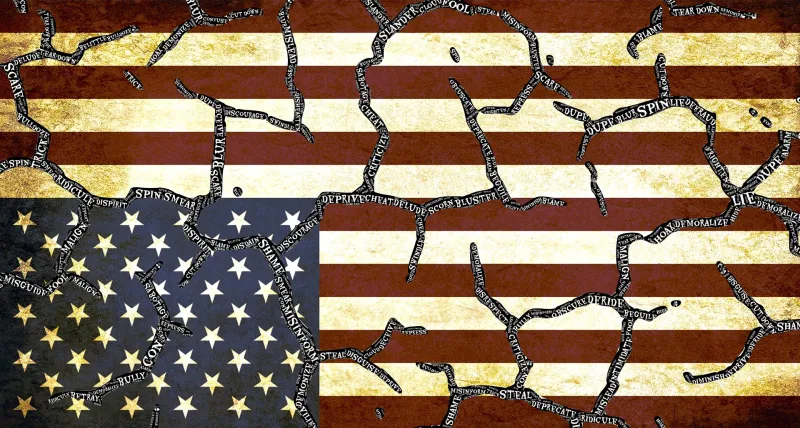“What do you mean you don’t believe in gay marriage!?”
My voice echoed through the now-quiet car as we drove out of the gated community my cousins lived in. My uncle looked down as if he wished he had stayed silent. I silently armed myself with a million statistics, sassy retorts and touching anecdotes, locked and loaded. My dad and little sister simultaneously shot me warning glances, but it was too late. I was already fuming.
Growing up in the bubble of the Bay Area, it was so easy to let the outside world and their opinions melt away. Trump could be categorized as a raging madman, his supporters as ignorant hillbillies with missing teeth and overalls, stewing in their backcountry farms over “the gays.” My friends and I used to laugh about the outlandish things Trump would say during his first campaign, jokingly wondering how this crazy man with his lack of common sense could come so far in the presidential primaries. We laughed on election night too, each red state adding on to the punchline.
We stopped laughing, however, the morning after when the election results came in. We thought to ourselves: The whole country couldn’t be crazy.
Could it?
Four years later, the politics that I once joked about are now my identity. I wear my feminism like a badge of honor. I feel pride in using my voice as a journalist to help those without one. Protest signs and anarchical discussions with my friends further fuel the flames. But as I blossom into my role as an activist, I find it harder and harder to get along with some of my family on my dad’s side, whose opinions on social issues clash so heavily with my own.
My relatives are not hill-billies. They do not drink moonshine, nor are they ignorant. Rather, our difference in opinion is buried under collared shirts and well-meaning Bible quotes, family dinners and traditional values. They are good people who truly believe that their opinions are the right ones. Though misled, they mean well.
Regardless, hearing people I love holding opinions that threaten to infringe on my personal rights, not to mention the rights of others, stirs a deep anger in me. I have had to work for most of my young adult life to quell this fire to avoid ruining some of the only time my dad has to see his family. It is difficult to try and keep the peace while still maintaining the values you hold onto so firmly, but this is a struggle many Americans face. According to a study from the University of Nebraska, Lincoln, 16.9% of the 800 adults surveyed felt politics strained relationships with extended family. Additionally, 20.3% reported friendships were also affected.
To maintain family peace, I have had to learn to separate the human from the beliefs, knowing that I am allowed to love one and disagree with the other. It is hard; I often feel as if I am betraying the values that make up my identity to sit through a family brunch without arguing.
I am reminded of the story of Obama’s metamorphosis into a Gay Rights advocate. Although remembered as a role model for liberal Americans, Obama was originally against gay marriage, saying, “Marriage is between a man and a woman,” in a 2004 interview while running for the U.S. senate.
However, in May of 2012, he became the first president in America’s history to openly support gay marriage, a feat he attributes partly to his daughters’ influence. This was his individual journey, and if he can undergo his then there is hope for everyone’s views to evolve over time. By instantly hating the other side, we villainize them, telling them that they do not have the room to grow and change. And if we treat them like the bad guy, they will sink to the occasion.
Stacey Abrams, Georgia’s Democratic nominee for governor for the 2018 election, said in a PBS Newshour interview, “What I would ask from every person who’s asking for change is to create grace and space for that change to occur.”
In such a divisive era, it is so easy to paint with a wide brush, categorizing all Trump supporters as bigots, racists and homophobes. In doing this, we isolate ourselves and others by generalizing everyone into easy-to-process boxes. Like everything, politics is not black and white. There is nuance to it. The people I feel anger towards in the news are still people with thoughts, feelings and opinions, regardless of whether or not I agree with them. I have to constantly remind myself that the same goes for my relatives. I am by no means compromising my own values, and I still stand up for what I believe in, but I also need to afford them the “grace and space” so they can go on their own journeys to evolve.
Contact Martha Fishburne at martha.fishburne ‘at’ gmail.com.
